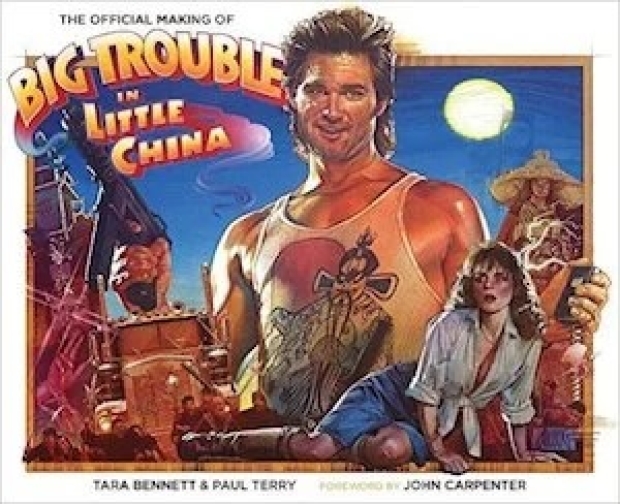Nvidia believes that it will be able to find the right partners for its compute GPUs in the Asia Pacific regions if the U.S. government adds further curbs to sell its A100 and H100 datacenter grade products to Huawei and Inspur. But this is going to be tricky.
Nvidia chief financial officer Colette Cress told the Morgan Stanley Technology Media and Telecom Conference: "We will probably be working with other partners, for them to stand-up compute within the Asia-Pac region or even other parts of the world. But again, our most important focus is focusing on the law and making sure that we follow export controls very closely. So in this case, we will look in terms of other partners to help us."
Huawei has been on the US Department of Commerce's Entity List since 2019, and virtually all of its US partners had to obtain an export license to sell hardware, software, technologies, or services to the company. This worked out for many, including Nvidia, which sold its expensive compute GPUs to Huawei.
But the Biden administration is looking to further limit items it allows American companies to ship to Huawei and this is expected to cost Nvidia millions of dollars, Reuters recently reported, citing a report by a government contractor.
Recently the government blacklisted China-based Inspur, the world's third-largest maker of servers, last week, adding more complications for Nvidia's attempts to sell its products to Chinese entities.
The US government imposed new export rules back in August that require AMD, Nvidia, and Intel to obtain a special export license to sell or ship high-performance computing hardware to China. T
he US effectively prohibits chipmakers from selling products made using American technology that will enable Chinese companies to build supercomputers with performance of over 100 FP64 PetaFLOPS or over 200 FP32 PetaFLOPS within 41,600 cubic feet (1178 cubic meters).
Even under existing export rules, Nvidia cannot sell its A100, A100X, and H100-series products to Chinese entities, which is why it invented its A800 compute GPU — an Ampere-based product that cannot be used to build supercomputers with over 100 FP64 PetaFLOPS performance.
If the U.S. government ceases to grant Nvidia export licenses to sell its A30, A800, and some other GPUs to Huawei and Inspur, it could cost Nvidia hundreds of millions of dollars.
Huawei and Inspur are not just distributors. They are solutions providers with loads of clientele that rely on their hardware and services. Replacing these two customers will not be easy for Nvidia, so any new restrictions on sales of compute hardware going Chinese entities will have a noticeable economic impact on Nvidia.




